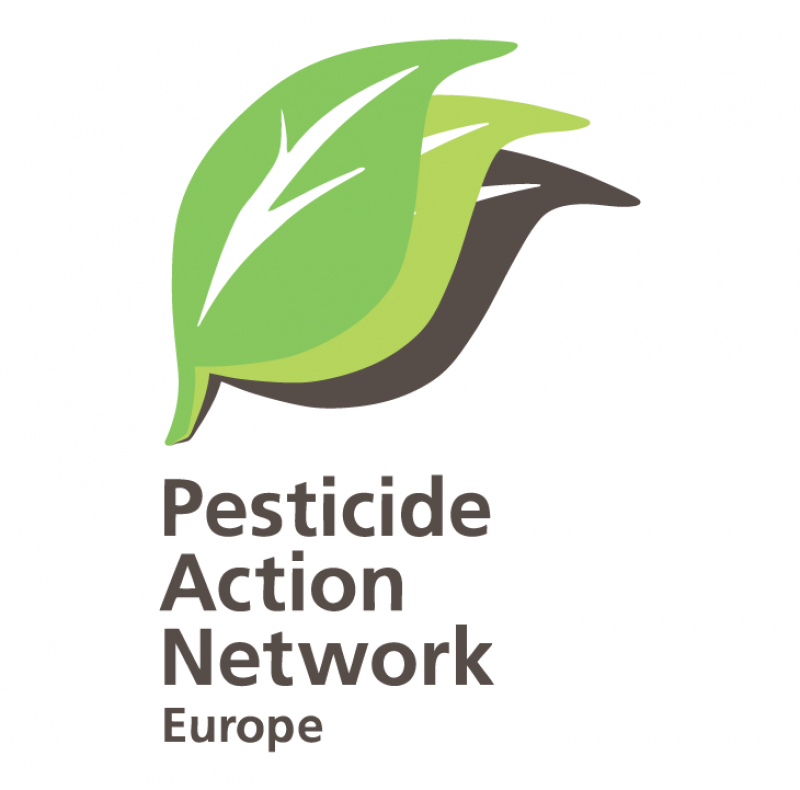The European Commission’s Progress Report on the implementation plan to increase the availability of low-risk plant protection products and accelerate implementation of integrated pest management in Member States.
In 2016, the Dutch presidency launched a working group on low-risk pesticides and uptake of integrated pest management (IPM). A progress report on this topic was discussed last week in Council, seemingly indicating that the European Commission has done its job while accepting that it will take time for Member States to start delivering.
In relation to uptake of Integrated Pest Management, the report states that the European Commission has undertaken all given tasks as part of this, with the exception, however, of the following conclusion:
“Member States must deploy additional efforts to implement the principles of integrated pest management into concrete farming practices for many more crops than today. This is one of the key obligations of Directive 2009/128/EC on the sustainable use of pesticides”.
PAN Europe is strongly opposed to this conclusion, and finds that both the European Commission and Member States have been failing in adequately delivering on the implementation of the Directive 2009/128/EC on the Sustainable Use of Pesticides (SUD).
On the other hand, the wording in the specific paragraph on IPM appears much more comprehensive, stating:
“Although Member States have taken a range of measures to promote IPM and educate farmers, they have not converted the IPM principles into prescriptive and assessable criteria, thus not necessarily ensuring that IPM principles are applied at farm level and IPM techniques available are actually implemented by users. Therefore, notwithstanding the progress made, further effort from Member States and the Commission is needed in this area”.
The concept of Integrated Pest Management (IPM) did not emerge out of the blue, but was introduced already in the 1950's, among others taken up by scientists who established the International Organisation for Biological Control (IOBC) in 1955.
Despite the fact that the approval of the SUD in 2009 made it mandatory for all farmers to apply IPM starting from 2014, it is still, regrettably, far from being implemented. A number of fact-finding missions organised by DG SANTE last year clearly show that farming practices have worsened over this period:
- Danish fact finding report: controlling grass-weeds is becoming an increasing problem due to higher concentration on winter crops (with higher revenue) rather than having better rotation with more spring crops, which could facilitate more cultural control. The competent authorities are aware of this issue, but to date they have not introduced any specific initiative to promote better rotations.
- Swedish fact finding report: the lack of alternatives to cereal crops, or poorer financial returns from these alternative crops (for example, the only large-scale buyer of peas shut the business down), leading to an over-reliance on cereals, and a sub-optimal rotation on some farms.
Today, the implementation of the SUD in relation to IPM seems to reveal itself as one big failure. This, in our view, will remain the case as long as the Directive is disjointed from the EU’s Common Agricultural Policy (CAP), a major obstacle so far, while integration with the CAP would also help in raising the scope and ambition of implementation.
Despite the fact that the 2018 CAP Reform proposal does suggest integrating part of the SUPP (on training, machinery checks and reduced pesticide use in sensitive areas), what is totally lacking is making the link to farmers’ actual uptake of IPM, as foreseen in article 14 of the SUD.
PAN Europe recommendations:
